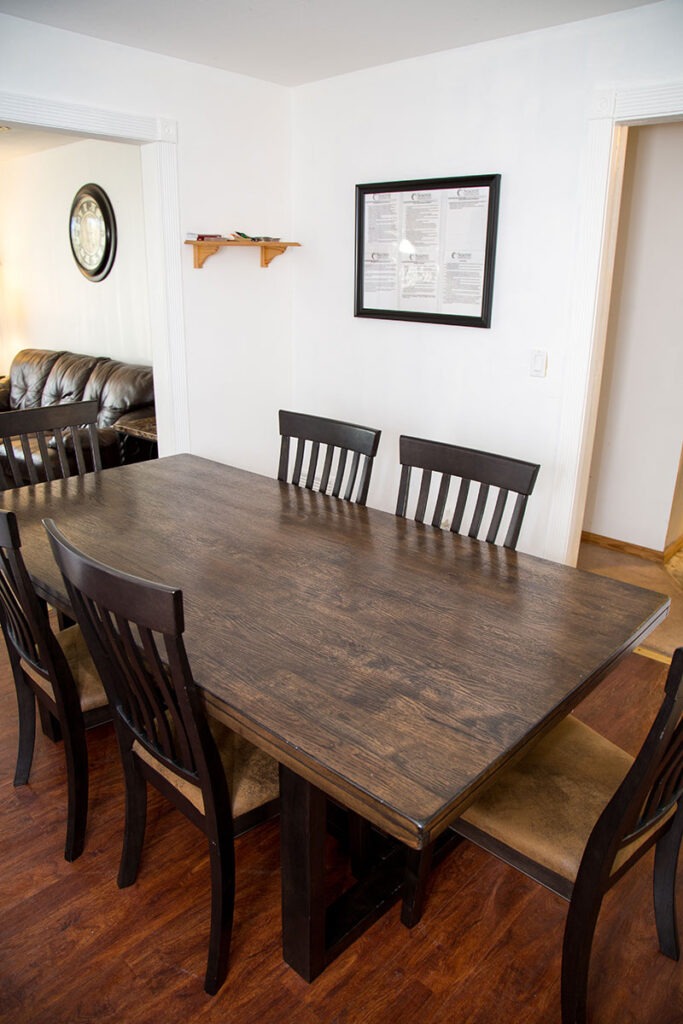Battling alcoholism or drug abuse is a tough challenge. Thousands never discover the joys of recovery. For many who do, the road becomes so difficult that they fail to remain clean and sober. Even a long-term inpatient treatment program is not a guarantee. However, taking that first step and asking for help is critical.
Regardless of what type or level of treatment you’ve successfully completed, or are currently a part of, there’s an important next decision. Where do you live, either while in an outpatient program, or after you leave the residential treatment facility? For many who relapse, the return to the old haunts of their former living environment is simply too overwhelming.
However, you can give yourself an enormously helpful advantage. Sober living houses are perfect for bridging the gap between treatment and everyday life. Here are some tips on how you can find a sober living home that meets your needs.
What is a Sober Living Home?
If you’ve completed or are close to finishing a residential treatment program, you have probably discussed a sober living home. If not, here’s a quick explanation to help you understand what a sober living house is. They are often referred to as halfway houses.
Nevertheless, the name is somewhat less than flattering. There are, however, a bridge halfway between treatment and a return to living in a normal community. Thus, they are frequently called halfway houses.
The reference as a sober living home encompasses their benefit for individuals who are just starting an outpatient program. A sober living home offers you a drug and alcohol free, safe environment to navigate early recovery.
A sober living home will help teach the importance of structure and responsibility. There will be daily support from in-house supervisors, plus the invaluable experience of like-minded fellow residents. A sober living home supports and encourages recovery.
How Do You Choose A Good Sober Living Home?
Most reputable sober living homes are forthright and open. They have a documented presence in their communities. A solid sober living house will have no problem discussing their history and reputation with you.
You should do some research ahead of making a decision to move into any sober living arrangement. This reputation will be even more important when trying to persuade the legal system to allow an outpatient program married to a sober living home.
Outpatient programs and sober living can often allow a client to maintain their current job. However, if faced with legal hurdles to navigate, you will need your attorney to present it as a workable option to the court. The reputation of the sober living home will be critical.
If your addiction hasn’t cost you a good job, or you have an opportunity to work, be certain the facility rules will oblige. There are sober living homes who limit outside activities early in your residence.
Check what these rules are and how they apply to your situation. Ask about the financial obligations. Understand how you will take care of basic personal needs, such as food and hygiene.
It’s always a plus when there are a limited number of recovery meetings at the sober living home. This is not only convenient; it’s outstanding for building strong ties with fellow residents.
The biggest benefit will be that you will be required to stay clean and sober. The right sober living home will help develop healthy relationships and learn the importance of responsibility. Getting into a good sober living home can be a enormous boost to your chances of staying clean and sober.
Picking a good sober living home is important. You don’t want to have to move around early in recovery. It is strongly discouraged. Getting into a good sober living environment on the first try is recommended.
If you’re still out there in the mix, entangled in the horrible web of addiction, start a wonderful journey today by asking for help. Don’t wait for tomorrow, tomorrow could be too late. If you’re already committed to an outpatient treatment program, or are working to complete a residential program, consider using a sober living home to bridge the gap in your early recovery. All you need to do is pick up the phone and call one of our representatives at 866-963-7200.

